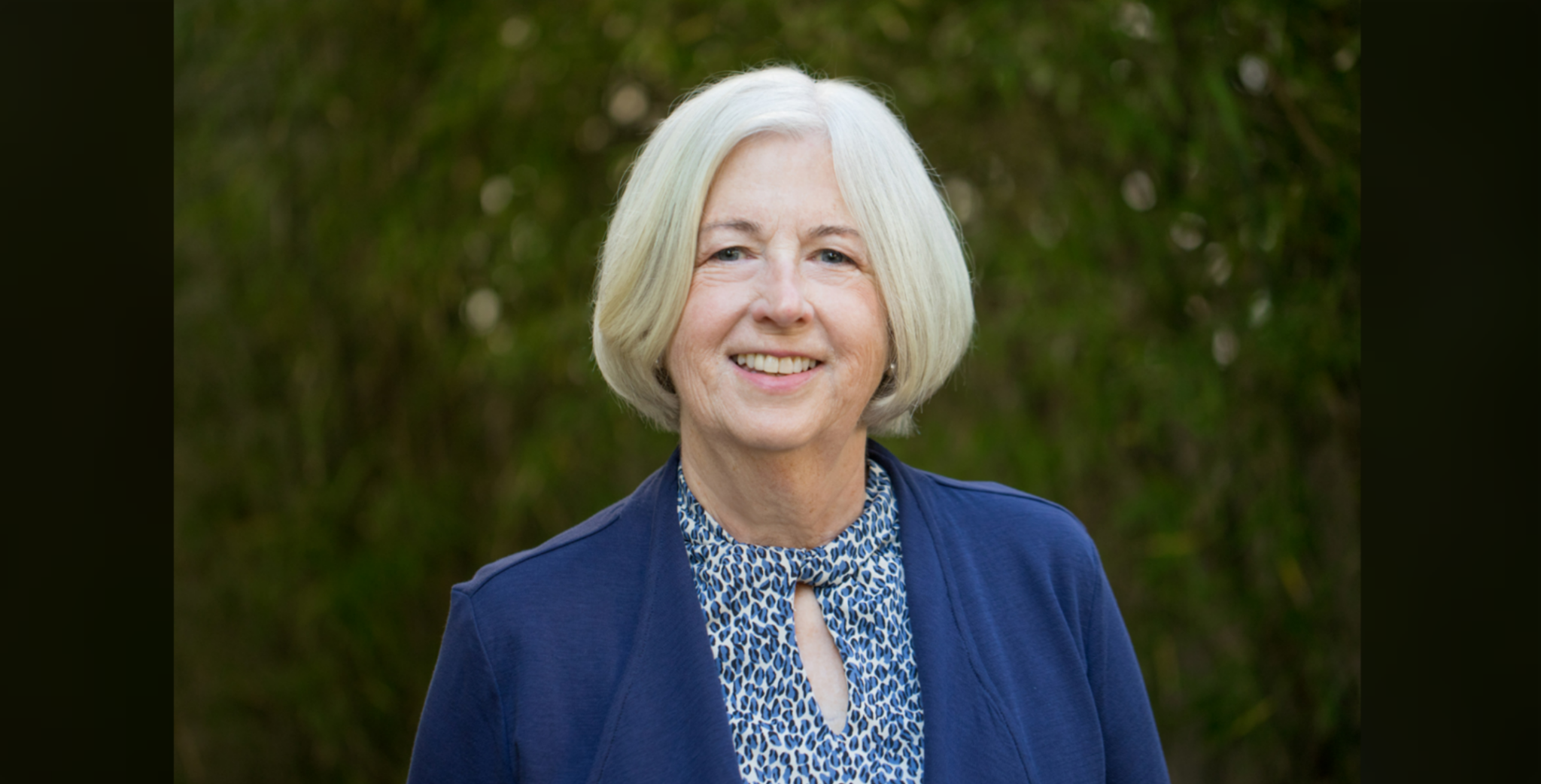
Securing funding from angel and VC investors can be a challenge for any startup founder. However, startup founders from “underestimated”groups often experience far more difficulty in raising capital. In 2021, companies founded solely by women garnered just 2.3 percent of the total capital invested in venture-backed startups in the U.S. Similarly, Black founders raised just 1.3 percent of all 2021 venture capital funding.
Angel investor Nancy Hayes has made it her mission to help improve these numbers. As a former corporate executive, startup founder and nonprofit CEO, she has worked in angel investing since 2014 and focuses on women-led companies and founders of color.
“We’re trying to help broaden the pool and bring attention to these companies so that they have an opportunity to compete for funding,” Hayes says. “In general, many venture investment firms reach out to their own networks to get deal flow and their own networks historically have looked like them, so the deal flow can reflect that.”
On July 7, 2022, Hayes hosted a webinar for Founders Network members where she provided tips on how to present to angel and VC investors. Here are some of her tips for raising capital as a startup founder in an underrepresented group.
To learn more about how to present to angel and VC investors, see if you qualify for membership and check out the webinar from July 7.
Be selective
Less than .05 percent of all companies get VC funding because it is most appropriate for high growth companies. However, although securing funding can be competitive, Hayes says startup founders should be selective about the angel and VC investors they work with.
“Make sure you understand the kinds of companies your prospective investors invest in,” Hayes says. “Entrepreneurs need funding and at times they’re anxious to chase any potential source of funding. But really, you’re looking for a partner. You’re looking for someone who invests in the kind of thing you’re going to build so you can get support from them.”
Grow your network
According to research, informal professional networks and communities are often more important for entrepreneurial success than formal structures such as incubators and accelerators. However, networking is especially important for startup founders in marginalized groups who don’t have a personal social network already established in the startup ecosystem.
“Many founders don’t have a network of friends and acquaintances in the space,” Hayes says. “There are any number of growing networks that serve women entrepreneurs and entrepreneurs of color. Reach out and engage with them. They can be a source of growth.
“Building that network is important. Usually you’re not going to be doing just one round of funding. You’re going to be raising funding for many years of the life of the company. Today’s introduction might lead to tomorrow’s money. It might lead to more introductions.”
Work with diverse investors
While many startup founders might be drawn to angel and VC investors at traditional institutions, Hayes recommends also seeking out those investment firms that are either female led or run by investors of color, and those firms that are targeting these groups. According to one report, the number of US-based female checkwriters has increased by nearly 3.5 percent since 2019. Additionally, studies and anecdotes suggest the chances of a female-founded company successfully securing financing can rise with a female investor in the room.
“The number of new funds that have started up that are focused on investing in women founders or founders of color is significant,” Hayes says. “Rather than trying to change the status quo firms, many are starting new funds. As a result, you see the numbers increasing.”
In the webinar, Hayes covered:
- Who venture investors are
- What investors look for
- How to develop a pitch
To learn more about how to present to angel and VC investors, see if you qualify for membership and check out the webinar from July 7.






